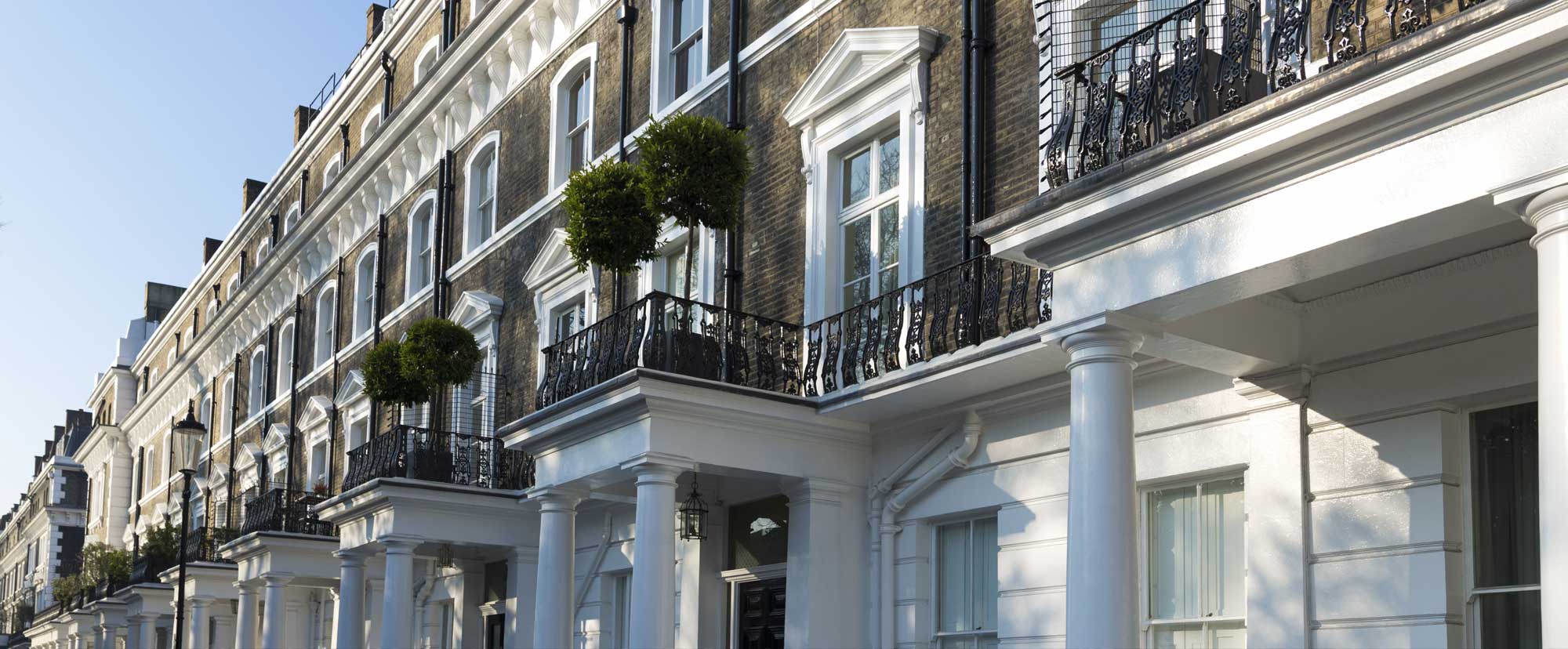4 min read
The ambiguous picture of money laundering in UK real estate
![]() AML RightSource
:
July 12, 2020
AML RightSource
:
July 12, 2020

An ongoing minefield for financial crime in the UK has been the property market. Whether this includes cheaper for-rent businesses and accommodations nationwide (with university digs being a matter of great concern recently), or high-end properties attracting the crime of high-risk individuals, it is a growing problem that seems to be ignoring the need for anti-money laundering protocols.
Between 2004 and 2015, the total suspected money gained from corruption in UK property reached £180 million, which now seems a more minute figure to the grand scale of the crime being committed. It’s a worry that many estimate that billions of pounds are used to buy UK property every year, but anti-money laundering techniques are not being implemented to full effect to highlight the extent of financial crime in real estate. Despite the accounted-for 25,560 estate agents in the country, less than half were registered with HM Revenue and Customs (HMRC) for AML purposes for instance.
This goes some way in explaining why exploitative fin-criminals are looking to target UK property for money laundering acts – are organisations doing enough to slow down this rapid build of criminal activity the past decade?
The crux
Much of the reasoning for property being a haven for fraudsters lies with the legitimacy of the front. This is why commercial property is more advantageous to a criminal than a residential one; a presentable business that generates some sort of income can more surreptitiously hide illegitimate activity, which can include trafficking of drugs or people. Because of this, it is known that criminals in this area tend to target struggling businesses, and those whereby cash transactions are commonplace – tough to track.
Unusual or exaggerated sale prices, payments from various individuals and sources, and sudden changes in ownership are all red flags that should alert possible anti-money laundering behaviour. These are guidelines that financial institutions follow to improve their AML processes, to spot signs of illegal transactions taking place between companies or multiple business owners.
Technological advancements in AML investigative solutions, and the advanced use of alternative data to better identify criminals, are on the up, but these measures are yet to reach the property market to significant effect. It requires cooperation between different organisations to turf out those committing fraud, with the Treasury Committee singling out estate agents themselves as needing to go further in the fight against corruption (identified as the “weak links” in the entire AML chain), who in turn need to be better regulated by HMRC in implementing anti-money laundering procedures.
The landscape
That’s not to rule out residential properties, however; no source of housing for living or business purposes are free from corruption.
In university towns in the UK, where any property is constantly available to let for a vast array of students, they have become larger targets for property market criminals. This has been attributed to many other factors including the fact that agents typically dealt with customers without face to face contact, and accommodation is bought by overseas investors and companies for relatives or as investments. These investments in property in university towns typically seem to go against downwards trends in price so also present themselves as more secure bets for money laundering activities. Only 500 sales out of a total 1.3 million transactions were deemed potentially nefarious.
On another end of the spectrum we see the same results, where far larger sums of money are invested in property, but bring into question the nature of business. In a real-life case, Zamira Hajiyeva (the wife of an Azerbaijani banker) was faced with the first ever usage of the Unexplained Wealth Order last year to prove how she was able to acquire a luxury home in Knightsbridge and a Berkshire golf course that was not equivalent to her earnings. Her court appeal fell through and this has, near the start of 2020, proven a success for the order from the National Crime Agency (NCA) who has been deemed fit to use the order in the “widest possible way”.
The solution?
This legislative power is just one example of greater measures taken last year to battle potential scams in the property world. As a result of BBC drama McMafia (highlighting the infiltration of western economies by organised crime groups in Russia), more emphasis has been placed on the need to identify high-risk individuals in terms of ownership. The opening of UBO registers as a result of the 5AMLD in the EU go some way in helping to identify ultimate beneficial owners and flag financial crime; Dev Odedra, AML Expert and Director of Minerva Stratagem Consulting, reflects on the UK’s continued efforts in developing publicly available registries of overseas commercial entities:

Dev Odedra, Independent Anti-Money Laundering Expert
“One of the commitments from the UK ‘2016 Anti-Corruption Summit’ was for the UK to establish a public register of company beneficial ownership information for foreign companies who already own or buy property in the UK. This has resulted in the ‘Registration of Overseas Entities Bill’ where the register is to be established in 2021. The purpose of the bill is to prevent and combat the use of land in the UK for money laundering purposes. The register would allow for greater transparency on ownership of UK property by overseas entities, in order to deter and also detect criminal funds parked in UK property – especially as UK property has become a magnet for illicit funds. This may be particularly beneficial if used by financial institutions, others in the regulated sector and law enforcement in efforts to curb money laundering.”
This mimics the moves of countries including New Zealand, India, and Thailand that have restrictions for land owned by non-nationals. Solutions involving one-platform due diligence for real estate companies are also available that deal with onboarding research across all geographies – a key instrument in lowering business and data cost.
However, while there have clearly been attempts to identify criminals in the property market, key data is missing to still identify the full extent of crime at play. While the UK government and organisations such as the National Crime Agency are already successfully implementing measures to combat questionable transactions in the market, there still needs to be greater AML procedures implemented across the board from regulators to estate agents themselves, with better transaction monitoring and detailed identification of ownership to start. Until then, real estate fraud remains rife and a key concern for the UK and many other jurisdictions open to money launderers worldwide.

